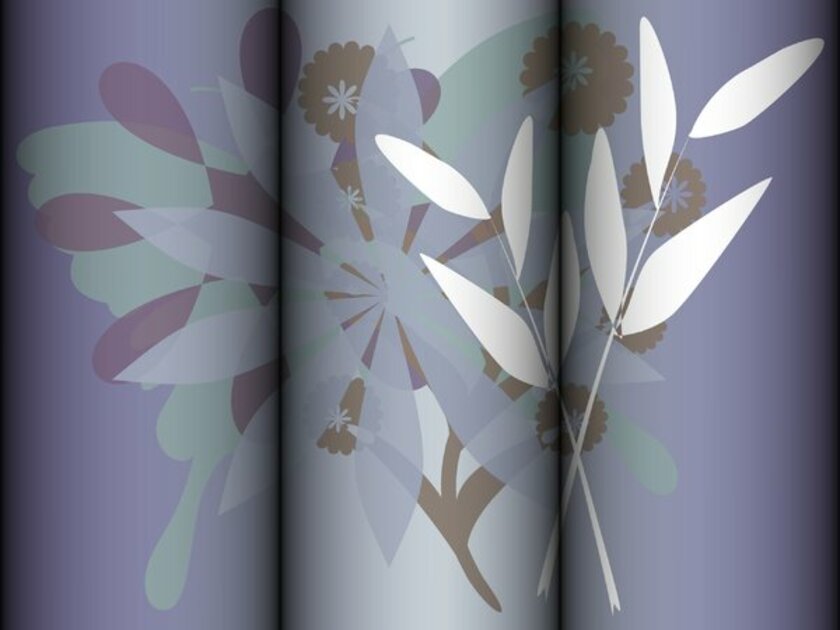
Our Gemara on Amud Aleph tells us:
If one’s wife died, it is prohibited to marry another wife until three Festivals pass since her death.
Tosafos discusses three possible rationales for this ruling:
- So he not too quickly forget the love of his previous wife.
- That when he remarries he won’t reminisce about his prior wife and lead to having “two people in the same bed”.
- That when he remarries he won’t reminisce about his prior wife and lead to quarrels and comparisons. (It would seem that though reason #2 and 3 are similar, #2 focuses on sexual matters, while reason #3 is general.
There are a couple of psychological features of this Tosafos that warrant discussion. First, I find it significant that it is a specific ethical interest to not forget and remember the first wife. I suppose the idea is hakaras Hatov. If we need to have hakaras hatov for a deceased wife when at the point of remarrying, how much more hakaras hatov is required while she still is alive!
Secondly, there seems to be a paradoxical contradiction between the first answer and the second answer. The first answer is promoting the idea that one should not forget their first wife, while the second answer is promoting the idea that it is not good to remember the first wife. In truth, it is not really a contradiction. Because the first answer is saying that it is appropriate for one year to remember the first wife, while the second answer is saying that once you remarry it’s not a good idea to be too nostalgic about the first wife. That is a lomdishe answer. The psychological answer is that people are capable of contradictory and paradoxical feelings. So on one hand it’s good to remember the prior wife and on the other hand it’s not so good. When it comes to matters of human emotions and Middos there are only guidelines but no hard and fast rules. It is more a matter of proportion. And opposites can co-exist.

 Previous
Previous
